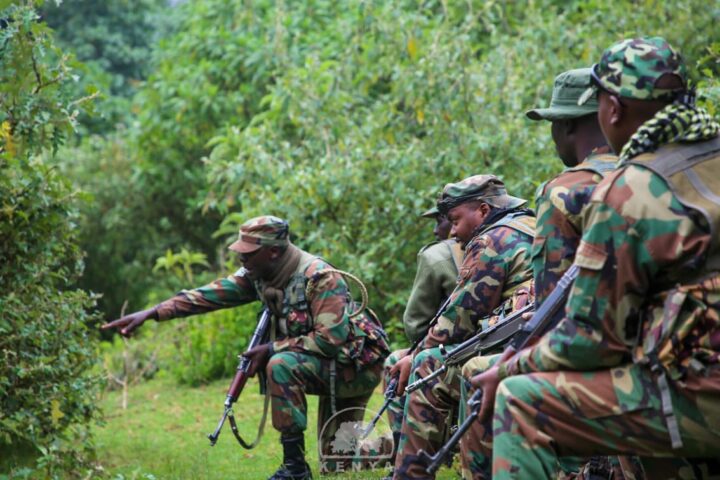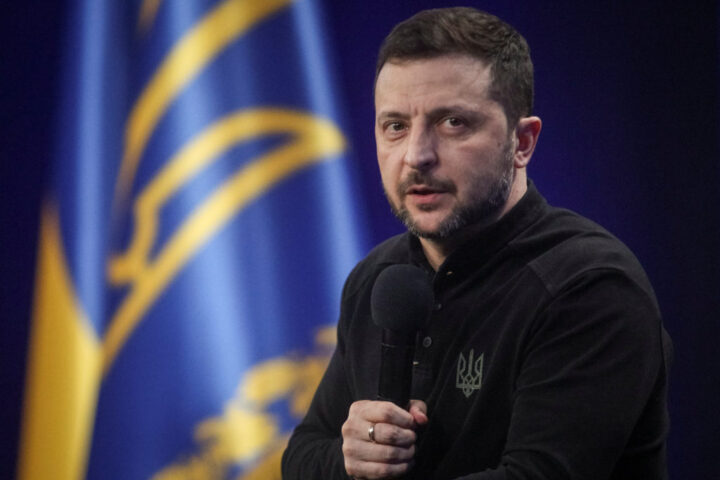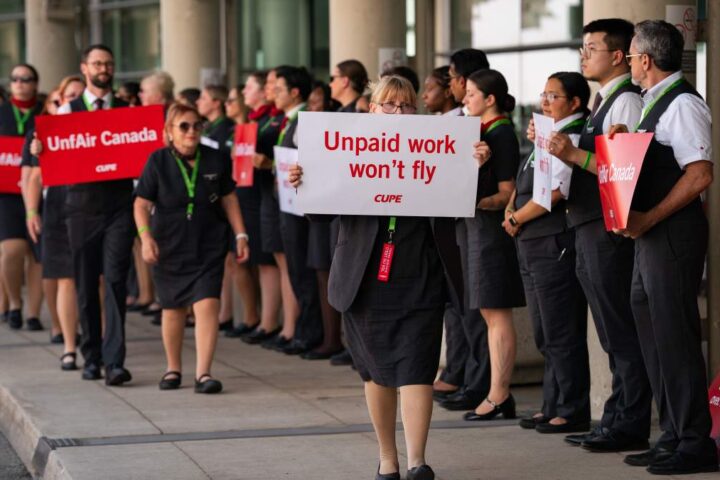The enduring conflict between Azerbaijan and Armenia in the South Caucasus region remains a pressing concern, with the absence of an official peace treaty fueling ongoing tensions. Amidst this backdrop, a potentially transformative gas deal between the two nations has emerged, offering economic prospects while raising fears of Russian interference.
Persistent Conflict and Unresolved Issues:
The dispute over the status of Karabakh persists as a core challenge, rooted in historical and ethnic complexities. Despite intermittent cease-fires, the lack of a comprehensive peace treaty hampers progress towards lasting stability and governance solutions in the region.
The Gas Deal and Russian Meddling Concerns:
The proposed gas deal between Azerbaijan and Armenia promises economic benefits and energy security for both nations. However, the EU voices apprehensions about potential Russian interference, given Moscow’s historical influence in the region. Safeguarding the agreement from external manipulation is crucial for regional stability and Armenia’s energy diversification efforts.
EU Diplomatic Engagement:
As a key actor in promoting peace-building efforts, the EU seeks to facilitate constructive dialogue between Azerbaijan and Armenia. By leveraging diplomatic channels and advocating for energy diversification, the EU aims to create an environment conducive to peaceful cooperation and development.
Conclusion:
The EU’s concerns regarding Russian interference in the Azerbaijan-Armenia gas deal underscore the complexities of regional dynamics in the South Caucasus. Balancing economic opportunities with geopolitical challenges remains paramount as efforts towards peace and stability continue. Through diplomatic engagement and support for energy diversification, the EU plays a pivotal role in fostering a conducive environment for sustainable development and cooperation in the region.















